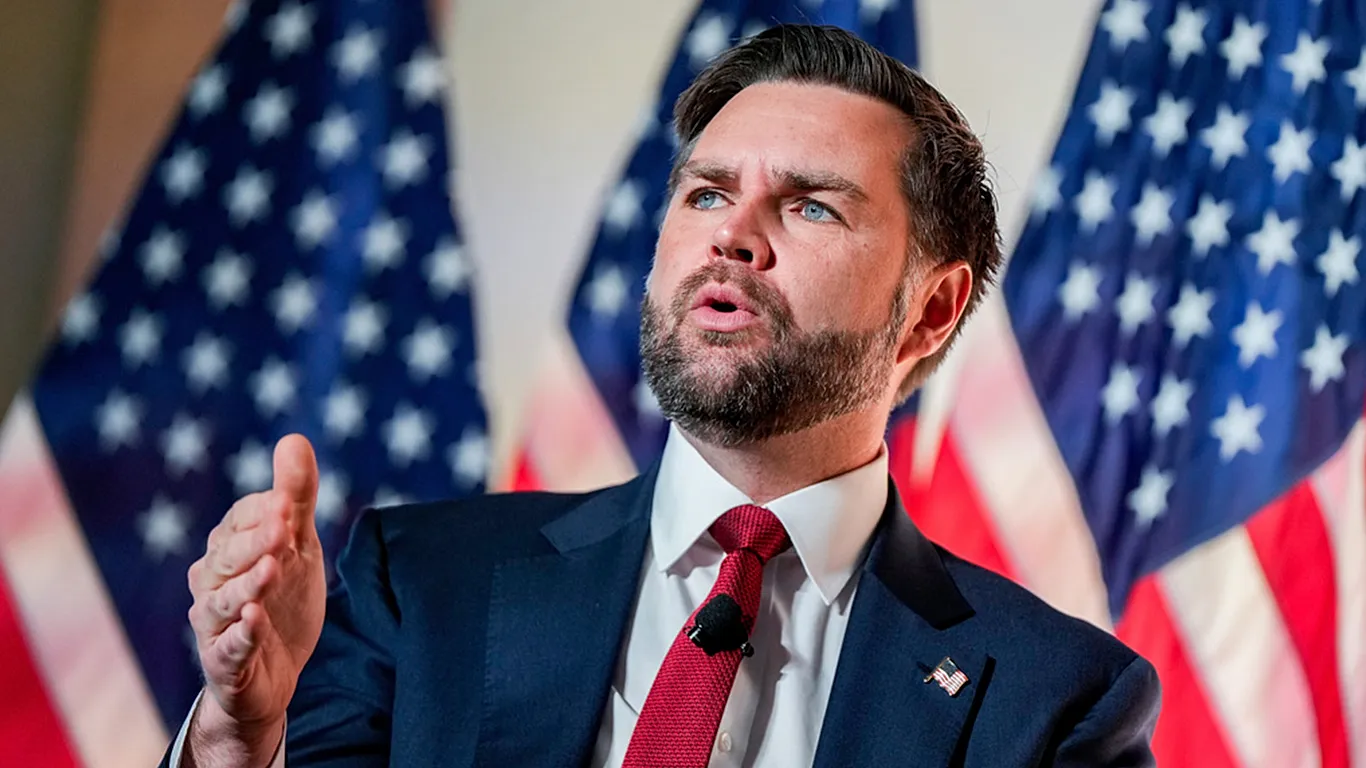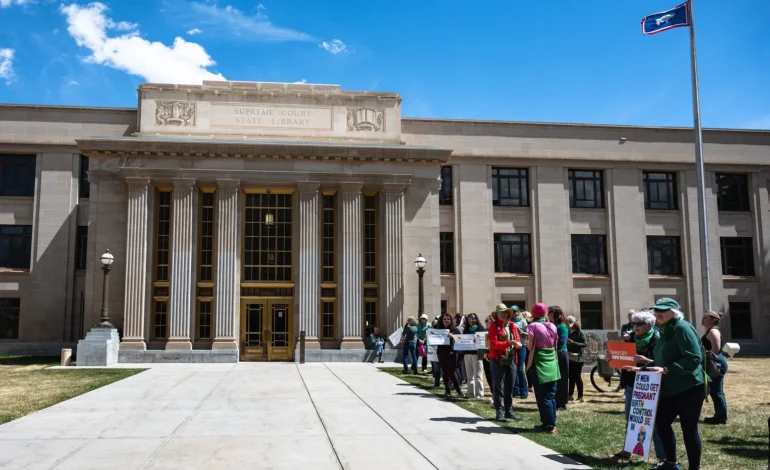The Wyoming Supreme Court heard oral arguments Wednesday in a pivotal case that could determine whether abortion remains legal in the state.
At the heart of the matter is whether the Wyoming Constitution guarantees a right to abortion under a 2012 amendment that protects individuals’ rights to make their own health care decisions.
The justices closely questioned attorneys on both sides of the legal dispute over two state laws: a near-total abortion ban and a separate ban on abortion medications. Both were passed after the US Supreme Court overturned Roe v. Wade in 2022. A Teton County District Court struck down both laws last year, ruling they violated constitutional protections. The state then appealed to the high court.
Arguments focused primarily on Article 1, Section 38 of the state constitution, which affirms that competent adults have the right to make their own health care decisions. State attorneys argued that the provision, passed in response to the federal Affordable Care Act, was not intended to apply to abortion. They contended that the Legislature retains authority to impose “reasonable and necessary” restrictions on such rights.
Justice John Fenn pressed Special Assistant Attorney General Jay Jerde on the internal consistency of the constitutional provision, especially how the state can justify imposing restrictions while simultaneously being required to protect against “undue governmental infringement.” Jerde maintained that the health care decision clause does not grant a fundamental right to abortion.
Meanwhile, attorneys for the plaintiffs — a group including women, doctors, and an abortion access organization — argued the bans unconstitutionally interfere with deeply personal medical choices. Attorney Peter Modlin asserted that the laws force pregnant women to surrender their constitutional rights and that the state has no authority to define when life begins, particularly given the lack of secular or religious consensus on the matter.
“This is an ongoing political debate,” Modlin said. “The state must not have any role in it whatsoever.”
The hearing also drew public interest and protest. Dozens of abortion rights advocates stood silently outside the courthouse, many wearing green and holding signs. Among them was Dr. Giovannina Anthony, a plaintiff in the case, who criticized a new law requiring women to undergo a transvaginal ultrasound and wait 48 hours before receiving abortion medication. She described the requirement as medically unnecessary and invasive.
While abortion remains technically legal in Wyoming pending the Supreme Court’s decision, the state’s only abortion provider, Wellspring Health Access in Casper, has paused its services due to the newly enacted regulations.
Inside the courtroom, only a few lawmakers were present, but prominent anti-abortion advocates had gathered support through livestreamed prayer events leading up to the hearing. Attorneys representing the state emphasized that elected legislators — not courts — should make policy decisions about abortion, as they are most accountable to voters.
Chief Justice Kate Fox, who will retire in May, participated in the hearing and will be involved in the ruling, which is expected later this year. Her replacement, Attorney General Bridget Hill, will not participate in the decision.
With input from WyoFile, the Associated Press, and Oil City News.










The latest news in your social feeds
Subscribe to our social media platforms to stay tuned